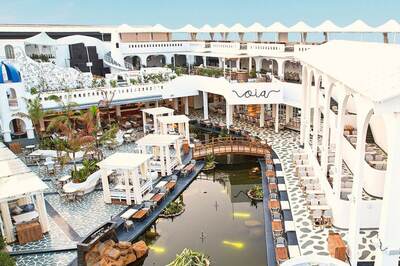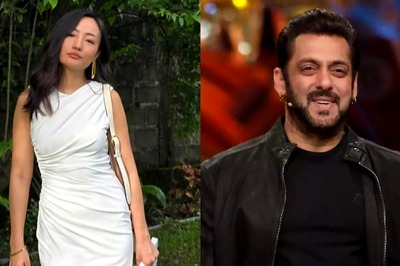
views
Guwahati: Amid bilateral peace talks with the Government of India and the Assam Government, Bodo rebel group National Democratic Front of Bodoland-Progressive (NDFB-P) on Thursday formed its new central committee.
Gobinda Basumatary, the founder general secretary of the NDFB was elected as the rebel outfit's new chairman, whereas S Sanjarang was elected as the new general secretary in its General Assembly.
Chairman Dhiren Bodo was elected as Adviser to the group.
After a gap of six years from July 19, 2013, the General Assembly of the NDFB (P) was held on June 5 and 6 over a two day program in Sapkhaity, Udalguri.
Speaking to News18, B Borosa, the newly elected information and publicity secretary of the group said, "All the members of the National Council, Chief of Army Staff of Bodoland Army and senior and junior cadres of NDFB (P) of all ranks and files had not only attended the meeting, but also took part in discussions on serious issues related to the statehood movement, emphasizing on the need of more dialogue with Government of India".
"We keep in mind the necessity to expedite and accelerate the ongoing dialogue for bringing an amicable solution to the demand of Bodoland State as well as for smooth functioning of the organization's National Council - the highest policy making body of the organization. The National Council was to be reshuffled in 2019 as per constitution. It was reshuffled in the General Assembly through a democratic process. Twenty four members were elected to the newly formed national council of NDFB (P) for the next term of three years," Borosa added.
NDFB traces its origin to the Bodo Security Force (BSF), a rebel group formed in 1986. The current name was adopted in 1994, after the group rejected the Bodo Accord signed between the Government of India and ABSU-BPAC.
The group has carried out several attacks in Assam, targeting non-Bodo civilians as well as the security forces. In particular, it has targeted Adivasis, whose ancestors had been brought to Assam as tea labourers during British Raj. Its involvement in attacks on Adivasis during Bodo-Adivasi ethnic clash during the 1996 Assam Legislative Assembly elections led to the formation of Adivasi Cobra Force, a rival rebel group.
After 1996, NDFB was also involved in conflicts with the militant group Bodo Liberation Tiger Force (which surrendered in 2003). Since 2000, NDFB has increasingly targeted Bangladeshi migrants in what it claims to be the Bodo territory.
During the 1990s, NDFB established 12 camps on the Bhutan-Assam border. After suffering major reverses during Royal Bhutan Army’s Operation All Clear in 2003, NDFB signed a ceasefire with the Indian authorities in May 2005.
This was followed by a split in the group- NDFB(P), supported peace talks with the government, while the faction led by Ranjan Daimary opposed the talks. In 2012, following the arrest of their chairman, NDFB of Ranjan Daimary faction split further, leading to the formation of another new faction, which was led by IK Sangbijit. Leter B Sarawgaira became its’ chairman. This faction continued to indulge in militancy, and has been blamed by the government for May and December 2014 attacks.



















Comments
0 comment